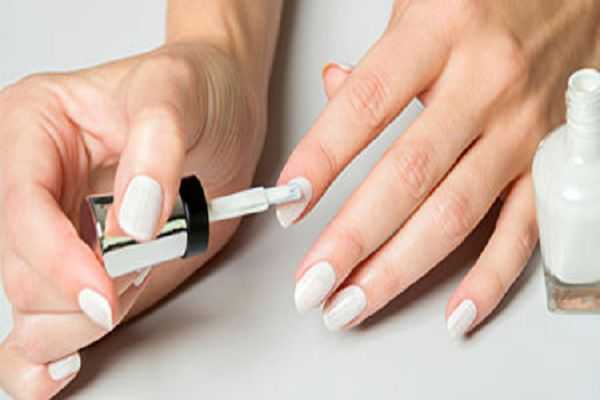
Europe’s Regulatory Clash: EU Nail Polish Ban Highlights Diverging Safety Standards
A significant regulatory move by the European Union is creating waves across the global beauty industry and highlighting a growing transatlantic divide in consumer safety standards.
The EU’s Precautionary Principle in Action
A common chemical used in many gel nail polishes has been officially banned throughout the European Union. The substance, Trimethylbenzoyl diphenylphosphine oxide (TPO), is a photoinitiator that helps the polish harden quickly under UV light, ensuring long-lasting color and shine.
The ban, which also applies to Norway and Switzerland, follows animal studies that suggested a potential link between TPO and long-term fertility issues. EU regulatory bodies have classified it as a substance potentially toxic to humans. In a statement, the EU confirmed the move is a precautionary measure while further research is ongoing.
Immediate Market Impact and Compliance
The ruling has immediate and forceful implications. Nail salons across the 27 EU member states are required to immediately cease the sale of any products containing TPO and safely dispose of their existing inventory. Simultaneously, major manufacturers are now racing to reformulate their products to comply with the new regulation, a costly and complex process.
A Transatlantic Regulatory Divide
This decision throws a spotlight on the differing regulatory philosophies between Europe and the United States. While TPO is now prohibited in the EU, it remains freely available and unregulated in the U.S. market. It thereby joins a list of chemicals and additives, such as preservatives BHA and BHT, that are banned in Europe but common in American consumer products.
This divergence is poised to have practical consequences. American brands that source or manufacture their products in Europe will be forced to adapt their formulas for the European market. Industry analysts suggest this could lead to temporary product shortages and may even prompt U.S. regulatory bodies to re-examine the chemical’s status.
Industry Backlash and Economic Concerns
The ban has not been met without resistance. Some industry players have voiced strong opposition, arguing the economic fallout will be severe. A major Belgian wholesaler, ASAP Nails and Beauty Supply, has launched a protest website, contending that “there is no human evidence of this chemical’s danger” and that the decision will inflict “major economic damage” on small businesses that rely on affordable products.
The EU’s firm stance underscores its commitment to its precautionary principle, setting a new standard for cosmetic safety that continues to widen the regulatory gap with other major global markets.